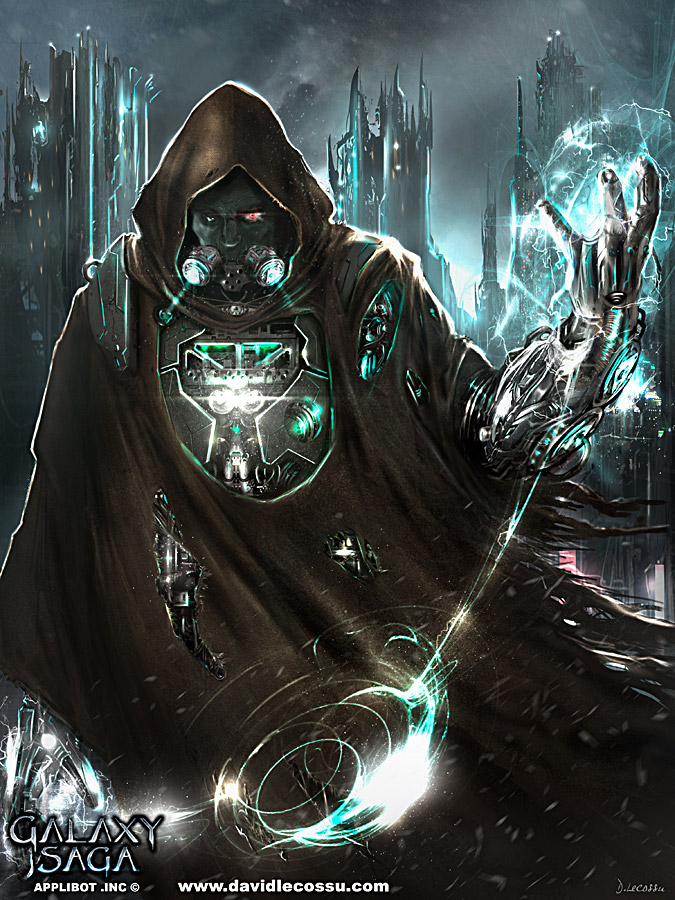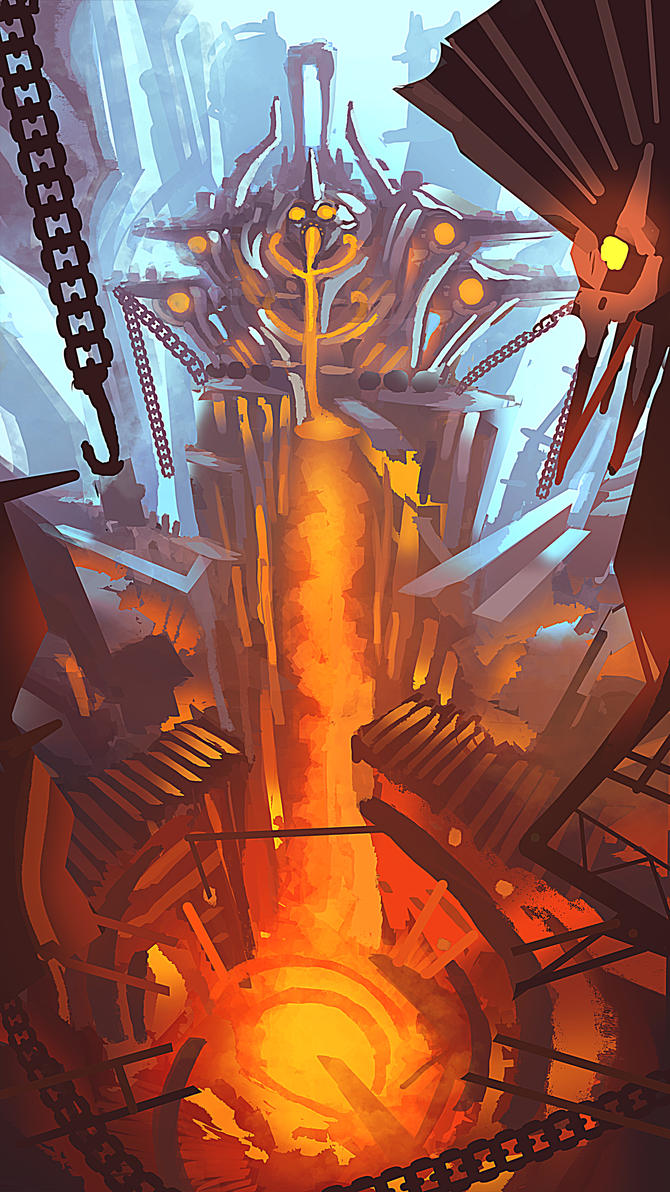Fiat. GM Intrusion. Compel. Complications. There's plenty of ways to say it, but I like fiat. What's fiat?
fiat • noun • an arbitrary decree or pronouncement, especially by a person or group of persons having absolute authority to enforce it
There's two ways to look at this as it relates to RPGs:
- Basically everything the GM does is fiat. They control the world, and so everything that isn't the PCs is technically Fiat. This is outside the scope of what I want to discuss.
- Anything the GM does to intrude on the story and the players, often to the detriment of said players, and occasionally based on the character's own characteristics and background.
That second one is what I want to discuss. There are many games out there that codify the process of GM Fiat. From FATE's Compels, Numenera's GM Intrusions, & Complications from Mutants & Masterminds, among many others. Fiat is a way for the GM to steer an encounter through a Risk/Reward system. These games also tend to have a mechanic sometimes colloquially referred to as "bennies" that players can spend on their character's behalf (these bennies are not something that exist within the game, but exist on a meta-level). I'll dig deep into bennies at some later time, but suffice to say that bennies are the "yang" to the "yin" of the Gm's fiat.
That is to say that GM Fiat is the Risk portion of this mechanical relationship.
As I stated above: Fiat is a way for GMs to steer events during a game. This is done by injecting events, circumstances, pitfalls, and even occasionally benefits, into the story. Usually they are done with little or no chance for players to countermand them (though some systems allow players to pay bennies instead of gaining them to avoid such a use of fiat). The events commonly have at least some degree of direct impact on one or more players. Since the GM is already controlling the world, and everything and everyone within it that isn't a player character, the point of Fiat (and the oft associated benefit) is to codify permission for GMs to reach deeper into the story, and to do so without calling for rolls from the players.
Which is to say that fiat is sometimes used where the larger rules break down. A GM decides that it would benefit the story to break a PC's weapon, to have their loved ones kidnapped by their archenemy, to run out of ammo, or a ship's hyperdrive to fail suddenly. All of these are will within the purview of the GM's roles & responsibilities but seldom have any kind of their own codified rules (and really do not need them).
So why is GM Fiat good? And why is it bad?
To start, in games where bennies are used, fiat is often a primary mode of dispensing bennies to the players. This is often crucial to the basic economy of those games' engines. Players without access to these bennies may lack the ability to activate certain character abilities (either directly or by way of a recharge type mechanic), which spins the game's encounters out of balance. In this respect fiat is not just good, its necessary.
Secondly, fiat allows a GM to steer the story in small ways, sometimes ways that might impinge on a player's domain (e.g. their character). Equipment breaks. Sudden unexpected penalties. Complications that force a character to act a certain way by leveraging motivations, goals, and relationships with NPCs. This might initially seem bad, but these actions and activities drive player engagement, and help balance encounters. A combat may be going poorly for a game's "big bad" and the GM can use this to buff them or allow them to escape and fight another day. Likewise players will be more involved and engaged when their character's backgrounds and personalities are tied into the story.
Thirdly, it codifies the GM's ability to indirectly impact the players and the world to steer the story. Villains making an escape, a much needed resource being unavailable through normal channels, or a bridge being out. These have indirect impact to the players, affecting the world around them, but not the characters or their gear and relationships directly.
These are all ways that a GM can maneuver the game and the players. If the players need to get to a certain place but are intent on missing some important step having a bridge out or a road occupied by a superior enemy force can give the GM the chance to ensure that the PCs get the information or item they need. Often these are last minute events. The bridge collapses or is destroyed immediately before the players want to cross, the vendor finds that they have just sold the last of whatever the players needed. Sometimes these last kind of fiats are driven by the story and may not trigger a game's fiat rule. Other times however there is a sense of immediacy for the players, that this wasn't planned by the GM ahead of time. These fiats can provide a necessary means for the GM to do what needs doing to keep a session rolling forward.
On the bad side, some GMs can be heavy handed with fiat, making encounters more difficult that need be, or making players miserable by constantly depriving them of weapons or equipment. Needless to say this is abuse, and GMs can hide behind the rules all they want but that doesn't make it good gaming.
Fiat can also lead to a feeling of being "railroaded" where the only path becomes the one not obstructed by some contrived blockage. This is a thin line is some cases; a good idea, can be executed in such a way as to be limiting to the players if not played carefully.
Lastly there are games without a fiat mechanic. Those are the games where GM's need to step most carefully. Even the best uses of fiat in such a game may come across poorly with the wrong players, and the worst become the fodder for years of "worst GM ever" stories. In this regard games that have a mechanism for it already have a leg up on the competition in my opinion.
In the end I think that fiat mechanics are a good thing. They open up options for the GM, and (most of the time) ensure that players are compensated. They ensure that the GMs can steer encounters, sessions, and campaigns in such a way as better the story. They give the GM a tool to drive player engagement, and, inversely, they help players tell the GM how they can be engaged in the game.


























